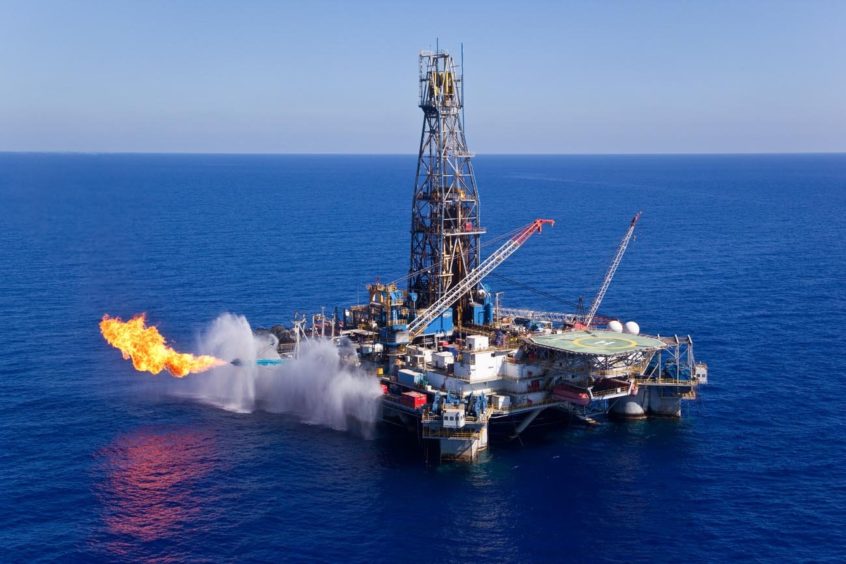
Israel and Lebanon have reached a draft agreement, settling the maritime dispute that had threatened energy developments.
Israeli Prime Minister Yair Lapid will hold a Security Cabinet meeting on October 12 ahead of a government meeting the next day.
The statement said the agreement met all Israel’s “security and economic principles”.
Lebanese President Michel Aoun also endorsed the deal. The agreement is satisfactory for Lebanon, he said in a statement, and met Lebanese demands. In particular, it “preserves Lebanon’s rights to its natural wealth, at an important time for the Lebanese”.
Israel and Lebanon held talks over the weekend, mediated by US diplomat Amos Hochstein. The road to reaching the draft agreement was rocky – at a point last week it had seemed to be on the verge of collapse.
However, the participants have reached a breakthrough.
“Each country got what it needed most – and gave up what it can give up the easiest,” energy analyst Gina Cohen said. “Without an agreement, nobody on either side would have drilled in this [northern] area and in fact did not drill.”
The New York Times reported the agreement is not between Israel and Lebanon direct. Instead, Lebanon and Israel have separately agreed to the terms with the US.
The deal confirms Israel’s ownership of the Karish gas field, where Energean is shortly to begin production. It also assigns the Qana prospect to Lebanon, but with the proviso that any gas on Israel’s side of the border go to Israel.
According to local Lebanese reports, officials have contacted TotalEnergies to take immediate steps to drill.
Politicking
The next challenge will be to secure approval for the deal from the Israeli legislature. Israel is due to hold an election on November 1, with the expectation that no one party will hold a majority.
Former prime minister Benjamin Netanyahu and his Likud party have opposed the deal with Lebanon. Lapid, they say, has acceded to terrorist organisation Hezbollah’s demands.
Hezbollah will profit from gas sales, Netanyahu said, and buy “missiles and rockets” with which to attack Israel. The current minority government has no mandate for such a deal, he said.
Israeli Minister of Defence Benny Gantz said it was in the country’s interests that Lebanon be stable and prosperous. Security played an important role in the talks, he said.
Gantz went on to say the deal would be presented to the public transparently and in line with the law.
There have been conflicting reports about whether the Knesset would need to approve the deal. Israeli newspaper Globes reported that the legislature would discuss the deal – but not vote on it. It expects the two countries to sign the agreement on October 24.
